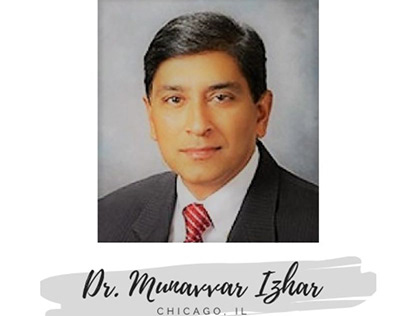Introduction: Understanding the Importance of Clinical Rotations for Medical Students
Clinical rotations are a fundamental part of medical education. They provide medical students with the opportunity to apply their theoretical knowledge in a practical setting, offering invaluable hands-on experience and healthcare training. The journey through clinical rotations is transformative, shaping students into competent and compassionate physicians.
Chapter 1: Preparing for Clinical Rotations in the USA: Choosing the Right Medical School
The choice of medical school is crucial as it should offer robust clinical rotation opportunities. Schools with strong affiliations to hospitals and clinics often provide diverse and enriching clinical experiences.
Understanding Requirements and Prerequisites
Before embarking on clinical rotations, students must meet certain academic and licensing requirements. These usually include successful completion of preclinical courses and passing the United States Medical Licensing Examination (USMLE) Step 1.
Securing Visa and Immigration Documents
For international medical students, navigating the visa process can be complex. It’s important to understand the type of visa required and to start the application process well ahead of time.
Chapter 2: The Different Specialties and Settings in Clinical Rotations
Rotating through Internal Medicine
Internal medicine rotations expose students to adult patient care, helping them develop diagnostic skills and knowledge about various medical conditions.
Exploring Surgical Specialties
Surgical rotations involve observing surgeries, assisting in procedures, and learning surgical techniques. They provide a deep dive into the fast-paced world of surgery.
Diving into Pediatrics
Pediatrics rotations focus on caring for infants, children, and adolescents. They help students develop pediatric-specific skills and understanding.
Gaining Experience in Obstetrics and Gynecology
Obstetrics and gynecology rotations involve participating in deliveries, prenatal care, and women’s health exams. They offer an intimate look at women’s health.
The World of Psychiatry
Psychiatry rotations provide insight into mental health treatment modalities. They underscore the importance of mental health in overall patient care.
Chapter 3: Excelling during Clinical Rotations
Tips for Building Strong Relationships with Attendings and Residents
Fostering positive relationships with supervisors can open doors for mentorship opportunities and enhance learning experiences.
Mastering Clinical Skills
Success in clinical rotations depends on improving history taking, physical examination, and clinical reasoning abilities. Continuous practice and feedback are key to mastering these skills.
Effectively Balancing Work and Life
Clinical rotations can be demanding, making it essential to manage time effectively, handle stress, and prioritize self-care.
Chapter 4: Navigating the Evaluation Process
Understanding Evaluation Criteria
Understanding the standards by which clinical performance is assessed is crucial. This includes medical knowledge, patient care, professionalism, and communication skills.
Tips for Excelling in Clerkship Exams
Preparation for written and practical assessments should be systematic and thorough. Utilizing resources, doing practice questions, and understanding the exam format can boost confidence.
Maintaining Professionalism and Ethical Conduct
Upholding ethical standards throughout rotations is non-negotiable. This includes honesty, respect for patient confidentiality, and maintaining professional boundaries.
Conclusion: Embracing the Transformative Journey of Clinical Rotations in the USA
The journey through clinical rotations in the USA is a pivotal part of medical education. These rotations provide hands-on learning experiences that shape students into competent doctors. With the roadmap provided by Munavvar Izhar MD, students can navigate this journey successfully, gaining invaluable healthcare training along the way.
